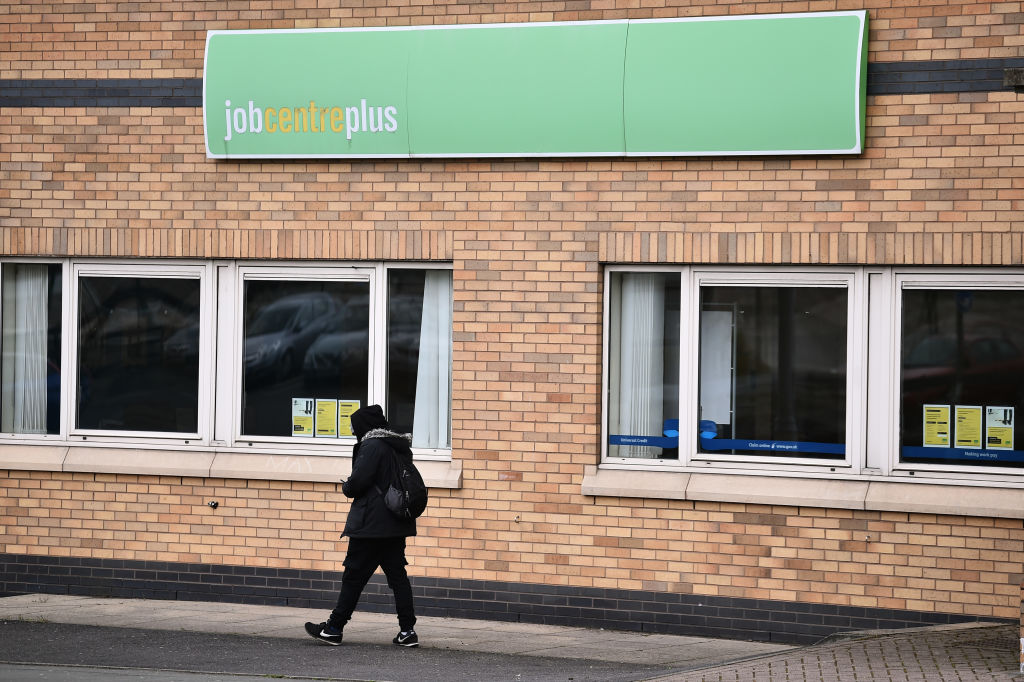Nigel Farage’s march to the left continues. Reform is now committed not just to reinstating winter fuel payments for all pensioners but also, more significantly, to scrapping the two-child benefit cap.
This is striking but shouldn’t be a surprise. Reform’s move to the left on economic questions has been arguably the most important political trend of the year. It’s a big part of the reason that Labour now considers Reform, not the Conservatives, to be the main opposition party. It also shows that Farage is properly serious about winning seats and winning power.
The winter fuel gambit is common or garden opportunistic opposition politics – the Tories have made a similar pledge, despite their 2017 manifesto pledge to, er, cut winter fuel payments for wealthier pensioners. And Reform generally does better with older voters, so offering them a bung makes sense, in crude political terms.
But the promise to scrap the two-child rule is properly important and interesting. It confirms that Farage is willing to move further left on some big fiscal issues than Keir Starmer, promising a more generous state than Labour.
There is compelling electoral logic for this. Most of the seats where Reform finished second in 2024, the places where the party might hope to win next time, are held by Labour MPs. Thus Reform’s path from five MPs to 100 or more MPs runs through parts of the country where incomes are lower and through the hearts of voters who either receive welfare payments or sympathise with those who do.
Quite simply, if Reform wants Labour seats, it needs to win over Labour voters. Hence Farage’s embrace of trade unions, traditional industry and even Jeremy Corbyn.
Of course, a bit of scepticism is due here. A lot of Reform’s leftward shift is about presentation and brand. Or rather, rebranding. For a lot of voters, Farage looks a lot like a Tory. Indeed, Farage has a history of Thatcherite politics and policies, though he also has a history of distancing himself from Lady T.
But when you’re pitching for the voters of economically insecure Labour voters in the poorer bits of England, pin-striped Thatcherism doesn’t make political sense. A lot of polling – I’ve done some of it – shows that the voters who are dithering between Labour and Reform are solidly on the left when it comes to tax and spend and other economic issues.
The two-child benefit cap is not a small policy. Removing it would cost more than £3 billion a year, but its symbolic importance is greater still. It was introduced by the Cameron-Osborne government to appeal to the idea that some welfare claimants have too many children at too great a cost to the state. Arguably, it’s the quintessential policy of the Austerity Era: necessary fiscal discipline, unnecessarily visited on the poor.
Reform opposing it is almost equally symbolic, Farage’s party clearly distancing itself from right-of-centre orthodoxy in pursuit of Labour votes and Labour seats.
Will it work, though? Will it be be enough to – pardon the phrase – detoxify the Reform brand with Labour’s working class vote? I suspect it’s a necessary but not sufficient condition of that repositioning.
For there is a much bigger block to Labour people embracing Farage: the NHS. The health service is far, far more important to Labour voters (and voters as a whole) than the welfare system. Like it or not, the NHS is still close to our national religion – even when it doesn’t perform well. When the NHS falters, voters are inclined to blame politicians for underfunding it, rather than question the service itself.
Farage has never hallowed the NHS. Personally, he has suggested that the health service nearly killed him by failing to spot his cancer early in 1986:
What testicular cancer taught me is that the NHS will probably let you down if you need screening, fast diagnosis and an operation at a time that suits you.
Politically, he has talked up the private sector, tax breaks for people going private, and moving towards a social insurance model of funding for the NHS. None of that is madly radical, but it is enough, when combined with the pinstripe suits and general Thatcherite aesthetic, to leave a lot of Labour-leaning voters suspicious of Farage and Reform on the NHS.
And the same polling that shows Labour-Reform voters lean left on economics also suggests that those voters worry about putting the NHS in Farage’s hands. That’s a bigger obstacle in Farage’s drive into the Labour heartlands than his welfare policies.
So here’s a prediction. After Reform’s embrace of welfare, the next step the left will be on healthcare. Perhaps that will be come in combination with a social or cultural issue – maybe Reform will talk about extracting money from immigrants (or their employers) to spend on the NHS. Perhaps more cuts in foreign aid, to spend on the NHS.
If the centre-ground of British politics is, as the saying goes, ‘Hang the paedos and fund the NHS’ then the ultimate policy is probably ‘we’ll seize sex-offenders’ assets for the NHS’.
I’m not predicting that’s precisely where Reform will go next. But don’t be surprised if sooner or later, Nigel Farage finally kneels to worship at the altar of the NHS.








Comments